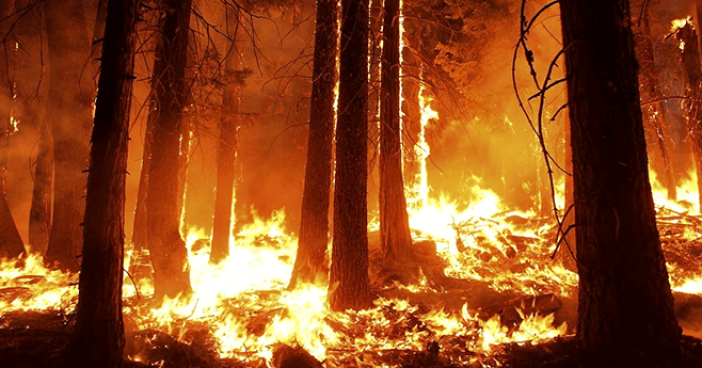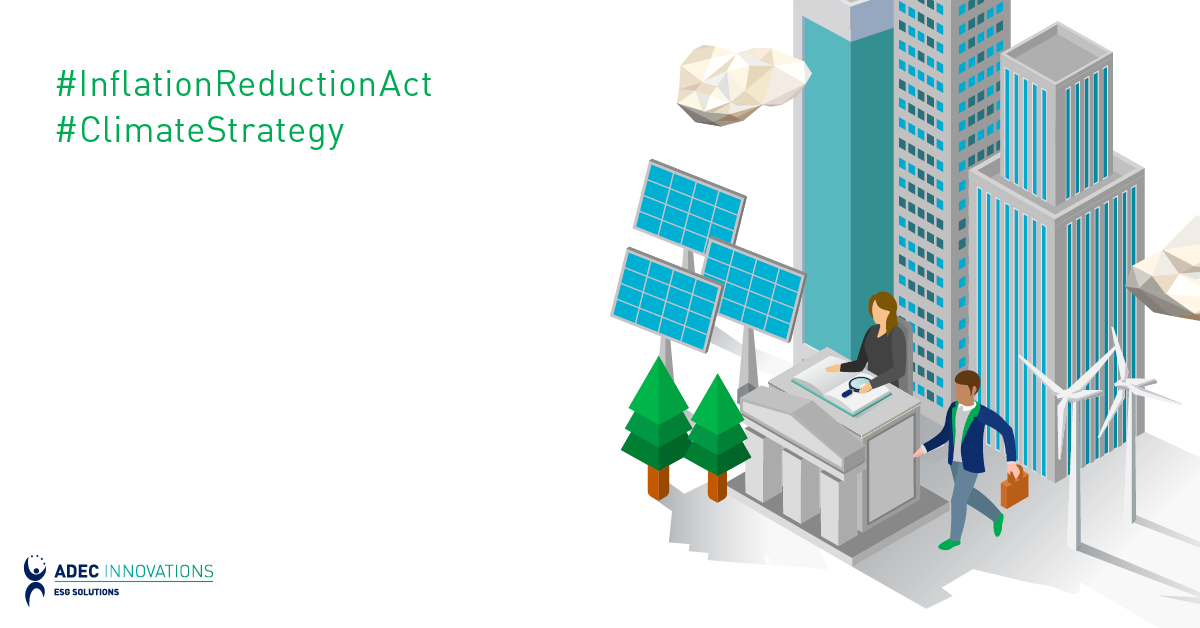In 2018, California experienced some of the largest wildfires in its history. The Mendocino Complex Fire, the biggest of several devastating fires that struck the state this summer, scorched more than 410,000 acres and continued burning for over a month. Similarly disastrous wildfires have sprung up across the globe this year, including in Canada, Greece, and Australia. The evidence is clear that climate change is altering the frequency and extent of wildfires worldwide. In a warmer world, wildfires are becoming larger, harder to control, and more destructive.
Winds of change
Studies have shown that every state in the Western US has experienced an increase in annual large wildfires in recent decades. Scientific authorities are finding causal links between this increase and climate change. According to the Environmental Protection Agency (EPA), “Without global GHG mitigation efforts, climate change is projected to dramatically increase the area burned by wildfires across most of the contiguous US, especially in the West.” By the end of the century, the EPA predicts that over 5.3 million more acres will burn each year than do at present – an area larger than the state of Massachusetts. The Yale School of Forestry and Environmental Studies has also identified concerning increases in the length of the fire weather season. Globally, they found, the season increased by almost 19 percent over a recent 35-year period, a change they attribute to “longer seasons of warm, dry weather in one-quarter of the planet’s forests.”
Effects on health
In 2017, wildfires directly resulted in at least 46 fatalities in California, and the non-lethal health impacts of fires can be even more far-reaching and widespread. Fires can affect populations thousands of miles away through smoke inhalation. The health consequences of the particulate matter (PM) emitted by artificial sources such as vehicles are well-reported; it is less well known that wildland fires account for 40% of the total PM emitted in the United States. PM exposure has also been linked to a wide range of health impacts, from eye pain and shortness of breath, to asthma-related hospitalizations and even premature death.
The cost of suppression
The costs of fire suppression in the US reached a record-breaking $2 billion in 2017 – and the true cost of these disasters is much higher. A report by the Western Forestry Leadership Coalition concluded that when multiple factors are accounted for—including property loss, post-fire impacts such as flooding and erosion, air and water quality damages, healthcare costs, injuries and fatalities, lost revenues, infrastructure shutdowns, and ecosystem service costs—the real cost of an individual wildfire can be “anywhere from 2 to 30 times greater” than the mere cost of suppression. Exact figures are hard to pin down for such far-reaching impacts, but estimates put the economic value of health effects alone in the tens to hundreds of billions of dollars.
Global impacts
Climate change exacerbates fire risk in already susceptible regions, and the impacts of wildfires on residents and local economies are felt worldwide. As we consider the long-term effects of climate change on disasters such as wildfires, we take a step back from California and consider wider global impacts:
- Hotter summers in Australia, coupled with urban sprawl, have led to similar conditions, and this year bushfires claimed over 85 homes in March alone, causing personal loss, air pollution, and food and water safety concerns for thousands of residents.
- In Europe, worsening droughts and extreme dry seasons have worsened wildfire season, with last year’s fires burning three times as many acres as the yearly average.
- British Columbia has seen similar record numbers, last year losing almost 3 million acres of forest—and ten times the yearly average.
With temperatures over the past three years hitting record highs, the effects of wildfires are an increasingly important factor for everyone—from city planners to local residents—to acknowledge when considering how human action impacts climate change worldwide.
ADEC ESG is a leading provider of sustainability solutions, including fully-integrated industry expertise, software solutions and data management. For the latest on sustainability in a global context, sign up for our monthly newsletter GreenWatch.




